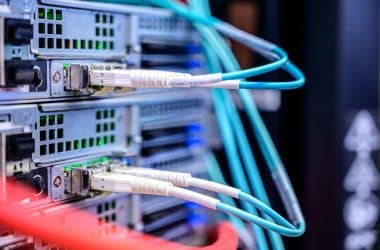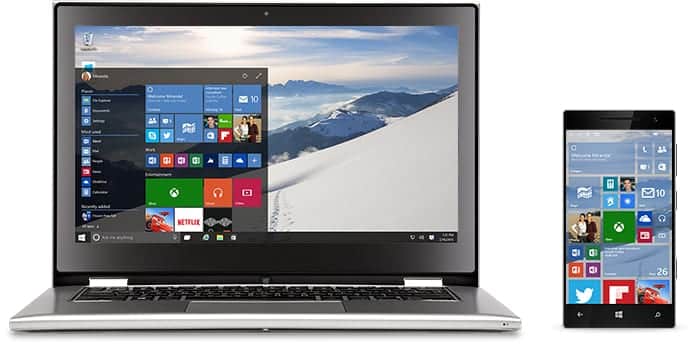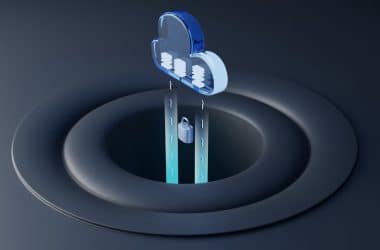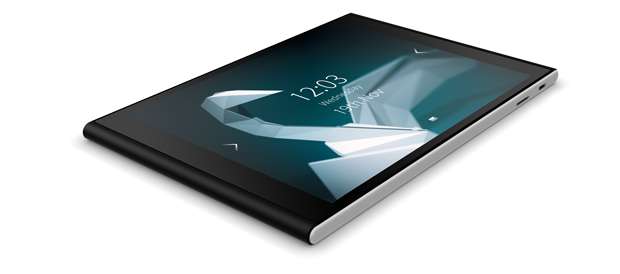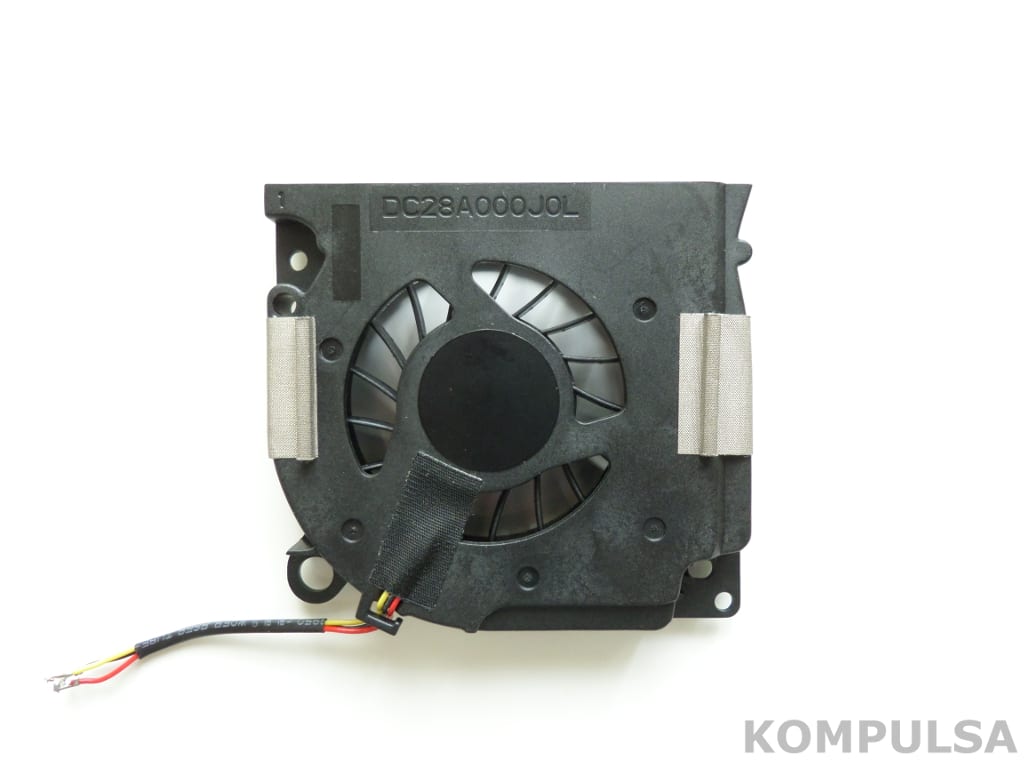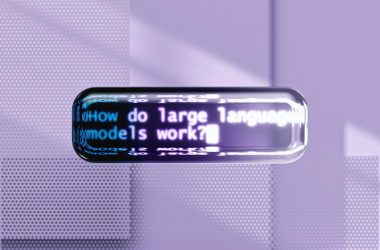Electronics can be distracting in many ways, and you may already know this, but there is more to this than it seems. According to a study published in the Proceedings of the National Academy of Sciences, reading your tablet may be keeping you up at night. For the study, twelve participants spent 14 days in a sleep research lab and spent five consecutive days reading a tablet before bedtime. They then spent 5 consecutive days reading a printed book before bedtime.

Image obtained with thanks from Jolla.
The tablet readers took ten minutes longer to fall asleep, had less Rapid Eye Movement (REM), lower melatonin levels, and they felt far more tired the next day. REM is an important state of sleep which you can learn about here. In case you were wondering: Melatonin is a sleep-inducing hormone produced by the human body. The issue at play here is lighting.
Light-emitting e-readers (including tablet PCs) are more likely to keep you up at night, which is reminiscent of a Harvard study showing that the use of blue light-emitting devices such as TVs, computer screens, and mobile device screens at night cost people their valuable sleep. When I said ‘blue light’, I wasn’t referring to light that looks blue to the naked eye. I’m referring to white light that contains blue wavelengths.
Not all white light is equal. White light is a mixture of many colours. Some white light emitters contain more red, some contain more blue (like LCD screens), fluorescent lamps, green, and other lamps that emit cool-white light. This is consistent with the well-known fact that darkness helps us sleep. This is why we sleep at night, and wake up when the sun rises (unless very tired).
Possible solutions include turning screen brightness all the way down if you’re reading in the dark, or switching to a non-backlit e-ink e-book reader like the Amazon Kindle (not the Fire devices). If you really need to read at night, you could use a warm-white lamp to providing lighting when reading printed books or an e-ink e-book reader. E-ink e-book readers are not backlit, which is why they are crystal clear even outdoors in direct sunlight. E-ink screens might seem like budget technology, but they are the best for reading, overall.

